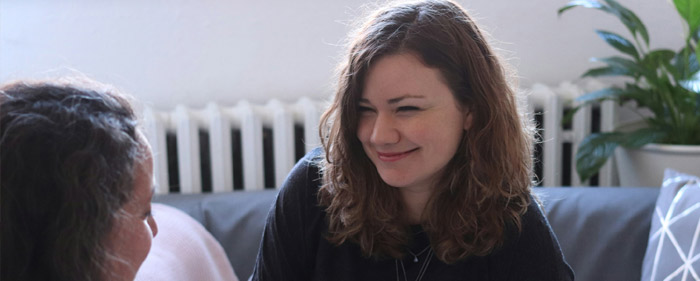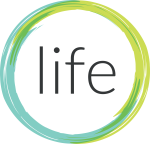Person-Centred Counselling For Aspiring Counsellors
Person-centred counselling is a gentle, client-led approach to counselling, and it’s one of the most widespread methods. If you’d like to work or volunteer as a counsellor, it’s worth training in this all-important skill.
Person-Centred Counselling is:
A therapy method that helps people understand themselves better and encourages personal growth. This style of counselling, created by psychologist Carl Rogers, firmly believes in the person’s ability to positively change themselves.

Key aspects of the core skills in Person-Centred Counselling
This method revolves around three main elements: congruence, empathy, and unconditional positive regard.
Congruence is also known as genuineness. It refers to the Counsellor being genuine and real in their interactions with a client. The counsellors congruence is important in building a rapport within the client relationship.
To achieve congruence, the counsellor has a relationship with their clients which is open, honest and authentic. This genuineness from the counsellor supports the client as they pursue their own congruence and authenticity.
Unconditional positive regard. This is a non-judgmental attitude that accepts the client as they are without judgement regardless of what they say in the session, treating them with an unconditional respect.
Empathy. With this technique the counsellor uses empathy along with the other two core skills to understand the client story from their point of view to put them self in the shoes of the person in front of us.
By adopting this approach, counsellors can walk alongside their clients to grow as individuals, using techniques to help them understand themselves better, improve their relationships and deal with difficult times.The role of the counsellor is to facilitate the client journey to become a fully functioning person and to become self-actualised.
What can it be used for?
You can use this method to treat several issues, including:
- Depression
- Anxiety
- Trauma
- Grief
- Addictions
- Relationship problems
- Anger
- Transitions in life
That said, person-centred counselling most suits clients who would like to be congruent with their real self and their ideal self, and are motivated to reach their full potential to become fully functioning, trusting their own feelings and experiences.
Learning the skills
In order to able to be called a counsellor you need a qualification equivalent to a Level 4 Diploma in Counselling.
We at Life offer you the chance to prepare for your Level 4 Diploma with our online counselling courses, which you can fit around work, study or childcare. These are accredited by NCFE CACHE, leading UK specialists in health, care and education.
Our Level 2 and Level 3 Counselling Skills courses feature a range of counselling skills and provide a structured approach to understand the three main different theories, giving you a deep understanding of knowledge and self-growth which are essential skills for a counsellor. Depending on your learning option, there is also an opportunity to arrange a one day remote workshop to support your Skills Practice which meets the requirement for acceptance for the Level 4 Diploma.
- Ofqual regulated qualification number 600/0728/X – Check here
- Ofqual regulated qualification number 601/7156/X – Check here
Discover more about our:

